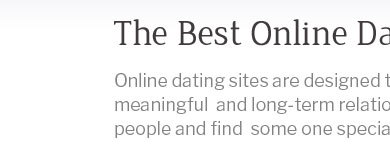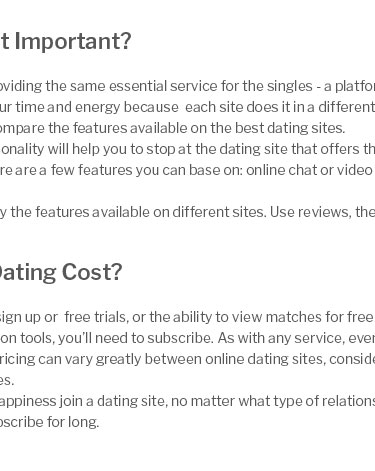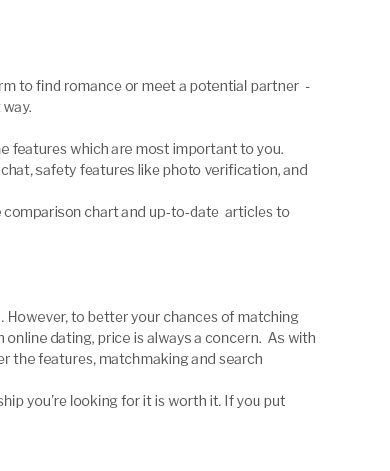 |
 |
|---|
|
|
|
|---|---|
 |
 |
 |
 |
|---|---|
 |
|
 |
|
 |
|
 |
|
 |
|
 |
|
 |
|
 |
|
 |
|
 |
|
 |
|
 |
 |
 |
|---|
meeting affairs essentials for professionalsUnderstanding meeting affairsMeeting affairs refers to the full lifecycle of a professional interaction: purpose design, participant alignment, live facilitation, and structured closure that turns talk into accountable action.
Clarity beats volume. Structuring meeting affairsDefine outcomes and constraintsState a single core objective, the guardrails that shape discussion, and the criteria that signal success. Keep language specific and observable.
Participant roles and responsibilitiesAssign roles so contributions are intentional and balanced.
Every voice has a purpose, not just a presence. Communication dynamicsVerbal clarityFavor short turns, concrete examples, and checks for understanding. Summarize disagreements as shared facts plus differing interpretations.
Digital touchpointsUse asynchronous notes and channels to prime thinking and reduce pressure. Community experiences, including discussions like online affairs reddit, illustrate how boundaries, consent, and context shape respectful interaction online. Write it once; reference it often. Ethics, privacy, and boundariesProfessional meeting affairs thrive on trust. Protect confidences, avoid conflicts of interest, and separate professional aims from personal agendas.
Integrity is the invisible participant in every room. Tools and documentationKeep artifacts lightweight and discoverable: a purpose line, a decision log, and an action list with owners. Action items that stick
Cross‑cultural and sensitive contextsAdapt language, rituals, and expectations across regions and domains. Maintain professional boundaries; do not conflate work discussions with personal or intimate networking, including platforms such as adult dating site malaysia. Context cues and consent norms vary; when uncertain, ask and document agreements. Respect travels farther than assumptions. Common pitfalls and quick fixes
FAQ
ConclusionMeeting affairs turn gatherings into results by aligning purpose, people, and proof. With crisp outcomes, clear roles, and ethical boundaries, collaboration becomes both respectful and effective. Design with intent; decide with confidence. http://www.meetingaffairs.com/home.html
Venue finders We can help to organise all your events in France and abroad Find the best venue for your next event. http://www.meetingaffairs.com/about-us.html
Meeting Affairs is a boutique venue finder agency based in Paris and the French Riviera. Known for its serious, customized and knowledgeable proposals that ... http://www.oas.org/en/about/meetings_foreign_affairs.asp
If, for exceptional reasons, a minister of foreign affairs is unable to attend the meeting, he or she shall be represented by a special delegate. In case of an armed ...
|
|---|